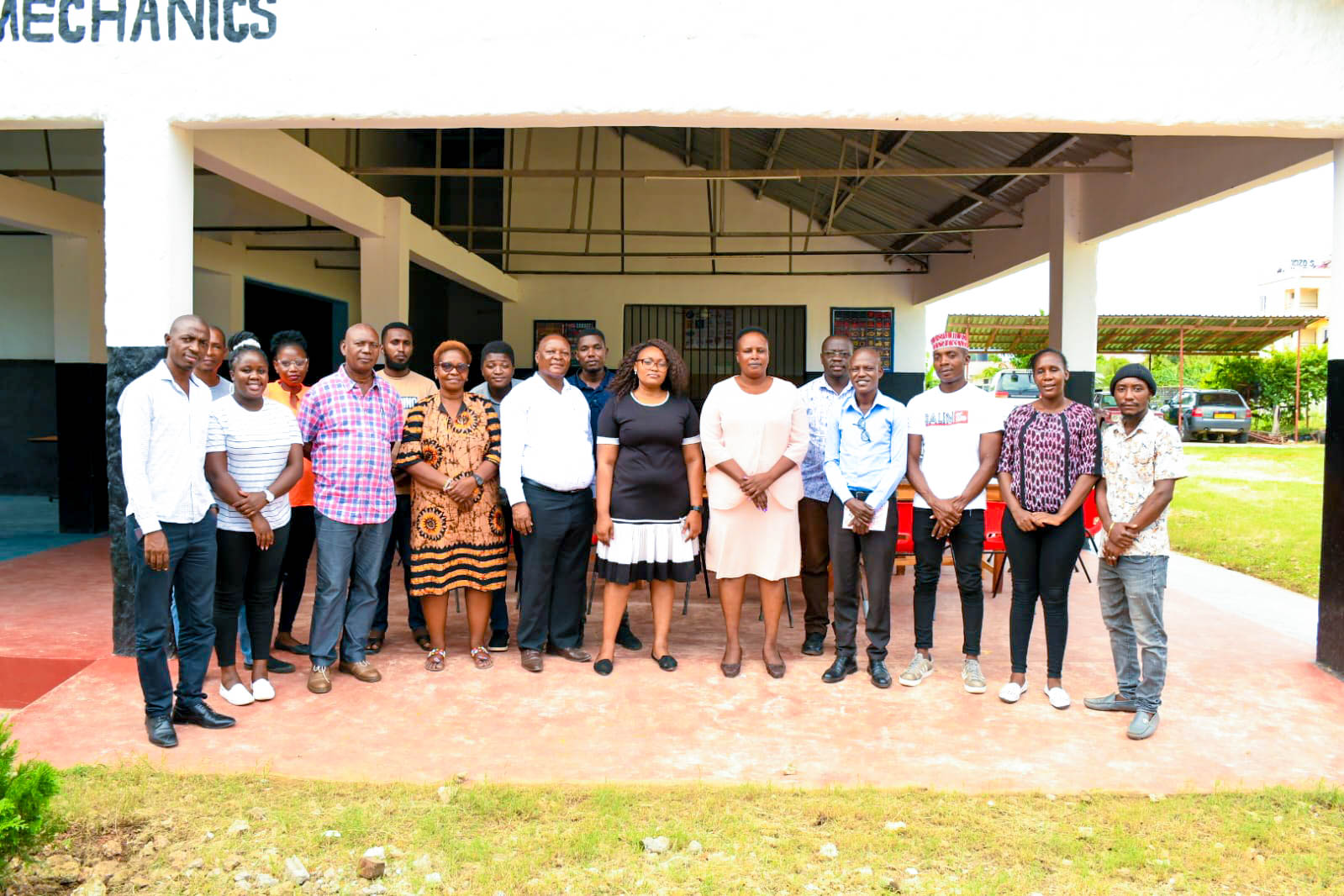Road construction has long been treated as an exclusive engineering sector where the government hires contractors to execute road development and maintenance plans. Partly because of its technical nature, the public has tended to shy away from taking an interest in how it is done as well as how the projects affect them beyond their ability to use it. This attitude has resulted in a situation where government and development partners who support it are not accountable to public interests in road construction even when the national and international legal policy frameworks, as well as corporate policies of development partners such as the World Bank (WB), European Union (EU) and Africa Development Bank (AfDB), prescribe public participation/interest as conditionality, as well as corporate policies of development partners such as the World Bank (WB), European Union (EU) and Africa Development Bank (AfDB),s. To change such anomalies CCGD strategy is to increase awareness and advocacy for government/ resource stakeholders to understand and consider the differential diverse needs, preferences and usage of infrastructure by women and men, boys and girls alongside other interest groups such as those with disability. CCGD also seeks to work with the government to collaboratively increase the voice, participation, and agency of women in their individual capacities as well as women collectives at all stages (from identification, design/planning, implementation to M&E) of infrastructure development decision-making and delivery. It also supports robust monitoring, evaluation and mitigation mechanisms to ensure gender equality and diversity inclusion objectives are met in infrastructure delivery and that key performance indicators and targets across the different stages of the infrastructure project cycle are met.
CCGD is currently implementing these strategies on the East Africa Corridor Coastal Road that passes through Mombasa, Kilifi and Kwale counties that is under construction. It is working with persons affected by the project (PAPs) among communities in respective counties as well as sharing monitoring findings with Kenya National Highways Authority (KENHA) and Africa Development Bank (AfDB)– which is the main development partner to the government. By the end of May 2023, CCGD had compiled a status report on how the project has affected children and the process of acting on the issues identified within the study is ongoing. CCGD’s main project resource partner on Child sexual exploitation and abuse (SEA) and Child labor is Bank Information Centre (BIC).
By Helidah Akoth, Grace Kathau, Vicky Kisilu and Purity Jebor


